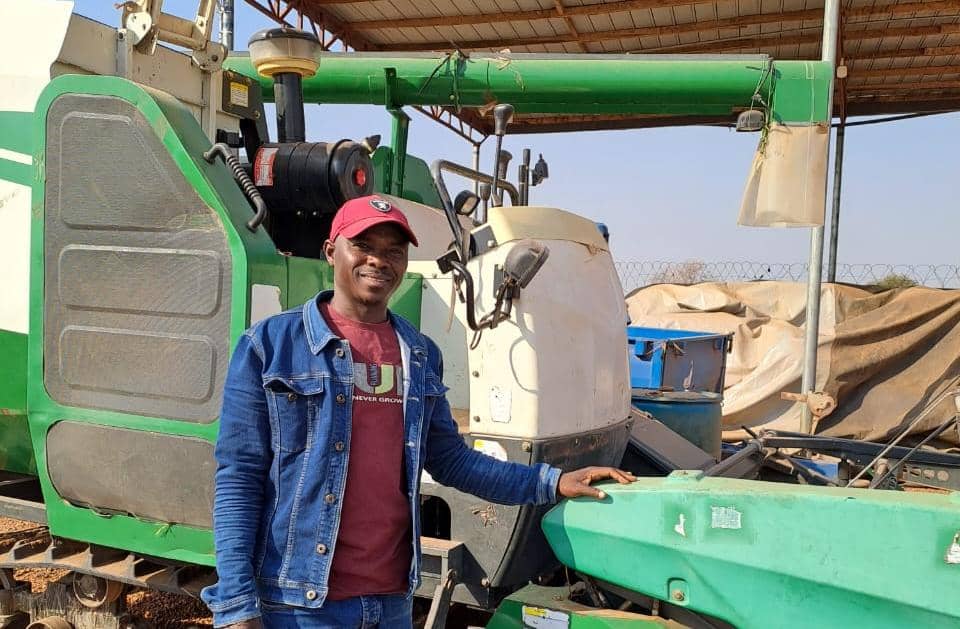Adams Alhassan, the Upper East Region Campaign Coordinator for Dr. Owusu Afriyie Akoto, has resisted attempts to blame the former Minister for Food and Agriculture for the country’s problems with fertiliser smuggling.
According to Mr. Alhassan, Dr. Akoto, the former minister, contributed by making fertilisers accessible to farmers. The Interior, Defence, and National Security Ministers all fell short of expectations, which is why the nation had such difficulty combating the smuggling of fertiliser.
He made these remarks in response to Dr. Akoto’s talk on the future of Ghana’s economy when he spoke to Mark Smith on A1 Radio’s Day Break Upper East Show today.
“The five regions of the north are the largest beneficiaries of the Planting for Food and Jobs programme, but as I speak to you, you would realise that the fertiliser specifically, when it is brought, is taken by about 40 percent or more of what is meant for farmers in these regions and taken to neighbouring countries.”
Mr. Alhassan insisted that “that is not a lack of supervision. That is insecurity; poor security network. The National Security, Interior Ministry, as well as the Defence Ministry are to ensure that goods meant for the good people of this country are consumed by the good people of this country.”
The Campaign Coordinator explained that the former minister, who had stated his interest in leading the NPP into the 2024 general election played his part as a Minister by continually refining the process of fertiliser acquisition under the government’s flagship agricultural agric programme, Planting for Food and Jobs.
The former Minister for Agriculture in his lecture yesterday, explained the government’s role in ensuring food security in the country
“The government made significant Investment in farm inputs in order to increase agricultural productivity to raise, incomes of farmers, and to achieve national food security. The Ministry procured and distributed 1.4 million MT of fertilizer and 93,192 MT of improved seeds which were distributed to over 1.7 million farmers from 2017 to 2021.
As a result of these measures, Maize yields increased from 1.8mt/ha to 3.0mt/ha; Rice yield increased from 2.7mt/ha to 4.0mt/ha and Soya yield increased from 1Mt/ha to 2.5Mt/ha, in the period from 2017 to 2021. With Planting For Food and Jobs (PFJ) intervention, production of maize has risen from 1.7 million MT in 2016 to 3.6 million MT in 2021, Rice from 688,000MT to 1.2 million MT, and soya from 143,000MT to 230,000MT over the same period.
An estimated investment of Gh₵2.6 billion was made by government as subsidy on improved seeds and fertilizers for the period of 2017 to 2021. The value of production from the application of the subsidized inputs of seeds and fertilizers is estimated at Gh₵47.5 billion. This is a huge economic rate of return on public expenditure on the farm subsidy programme.
In 2017, 202,000 farmers benefited from the PFJ Subsidy Program. By 2021, the beneficiaries had grown to 1.7 million farmers out of a total farmer population of 3.1million in Ghana, as captured by the Agricultural Census of 2018 – the first in 38 years.”
Source: A1radioonline.com|101.1MHz|Mark Kwasi Ahumah Smith|Ghana


